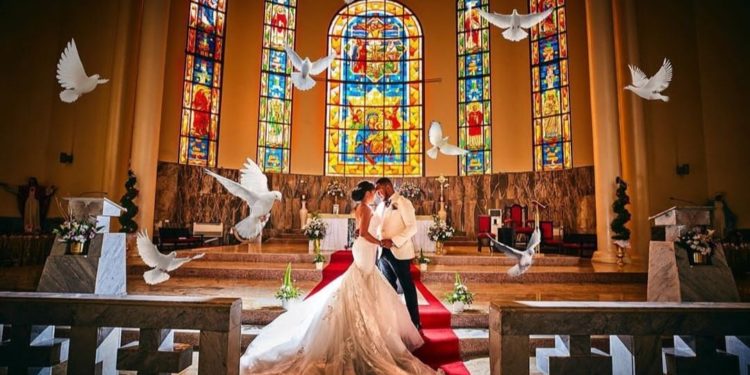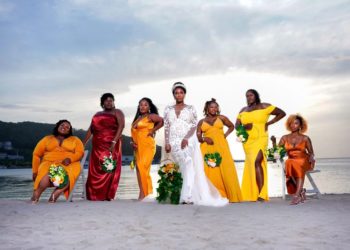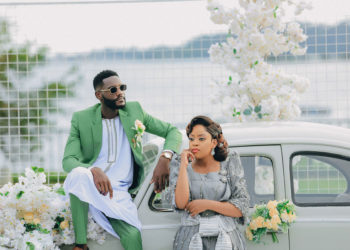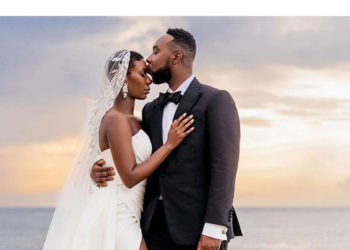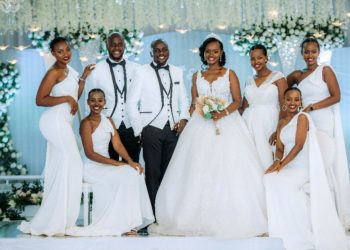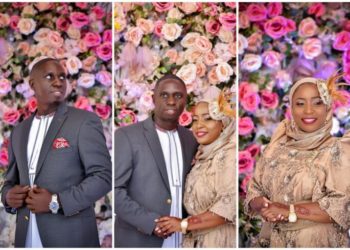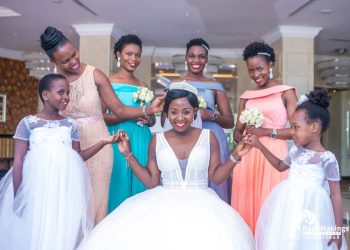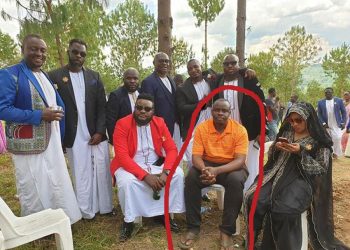By Bash Fahad Mutumba
In this digital era, one of the easiest ways to stop job-hunting in the over-saturated corporate world of Kampala and become your own boss, is by picking up a camera. Without any school qualifications, you can become one of the many photographers in Uganda that earn anything between Shs1m and Shs15m for a single wedding shot. Shs15 million you ask? Well, yes! Some of the photographers you see on those weddings you attend charge eight figure sums for their services. Admittedly, it would be a lie if I told you you would earn such amounts after just one year of being a photographer, but my personal journey as a wedding photographer, which I am about to share with you will show you how possible it is to change your life by creating memories for couples in love.
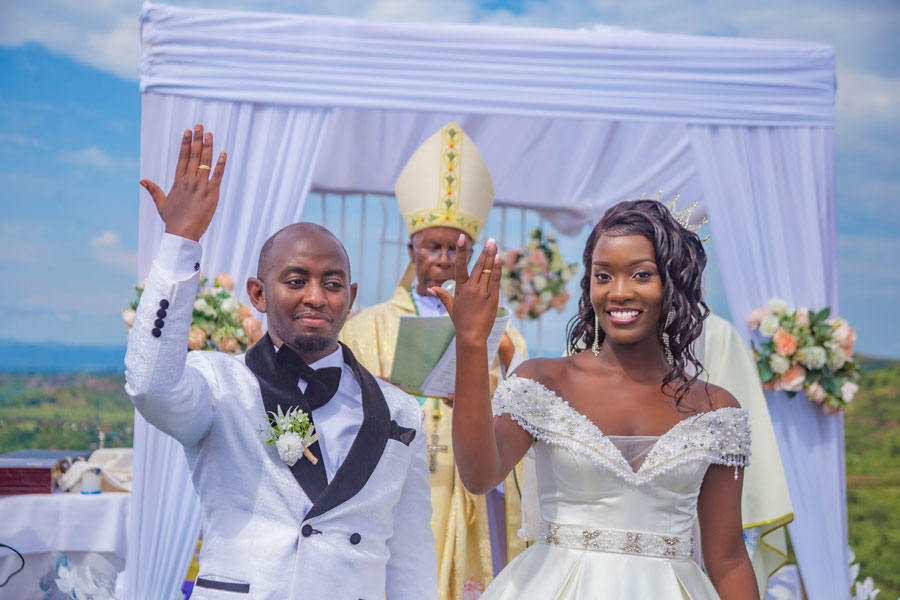
I started professional photography in my third year at the university, after noticing that I could not call momma every single week for upkeep. I did not have any equipment, but I had flirted with the idea of photography when I had occasionally played around with the camera during my internship placement. Venturing into photography before owning a camera is like trying to be a farmer without a hoe. You can hire land to dig, but a hoe is the bare minimum. Eventually when you get deeper into the business, you get to notice that the high-end equipment is always hired; even by the seasoned photographers, but for the start, you must have undeterred access to at least an entry-level camera to practice with. The learning process becomes smoother when you have a camera to make mistakes with, without fear. 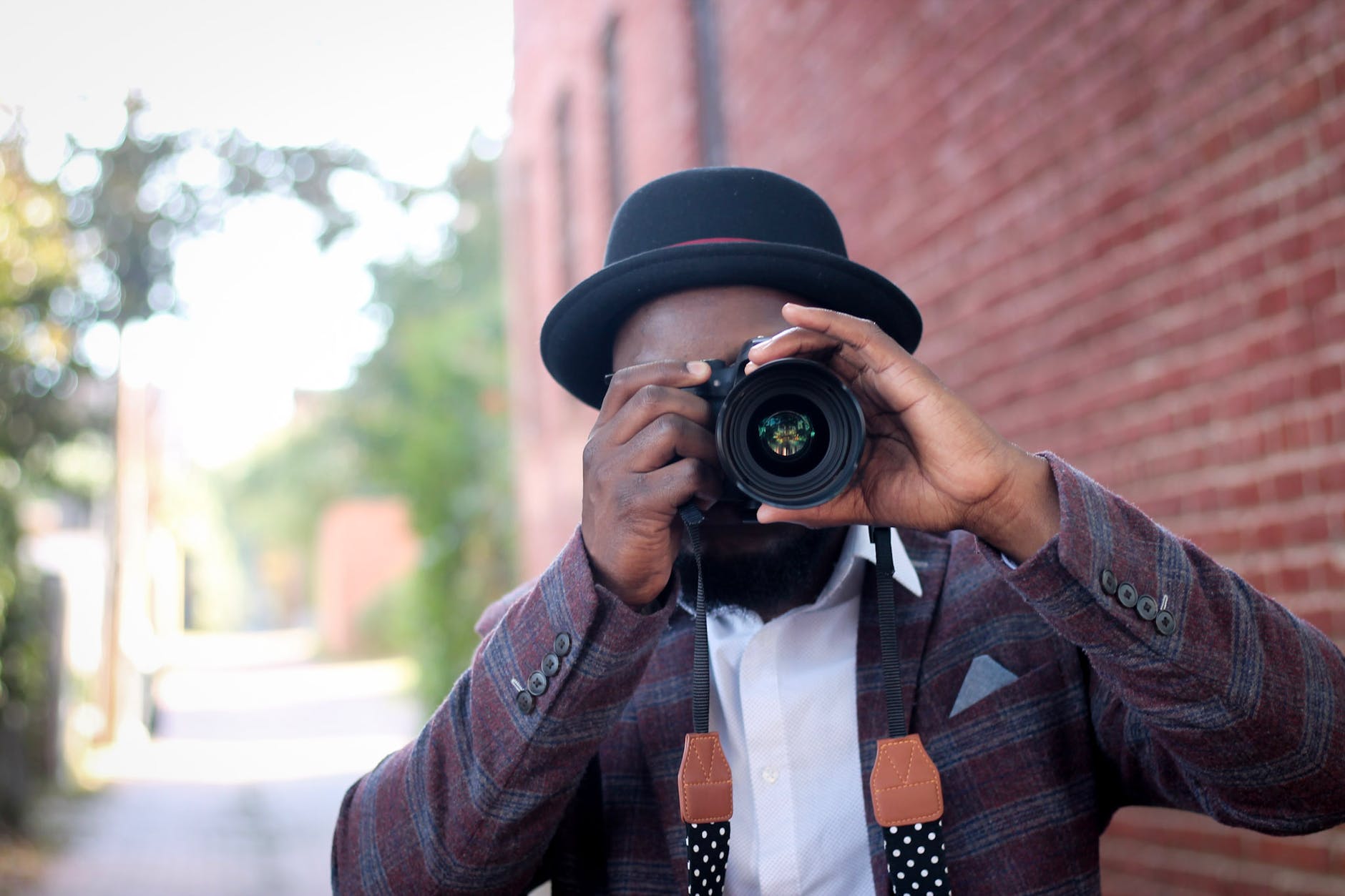
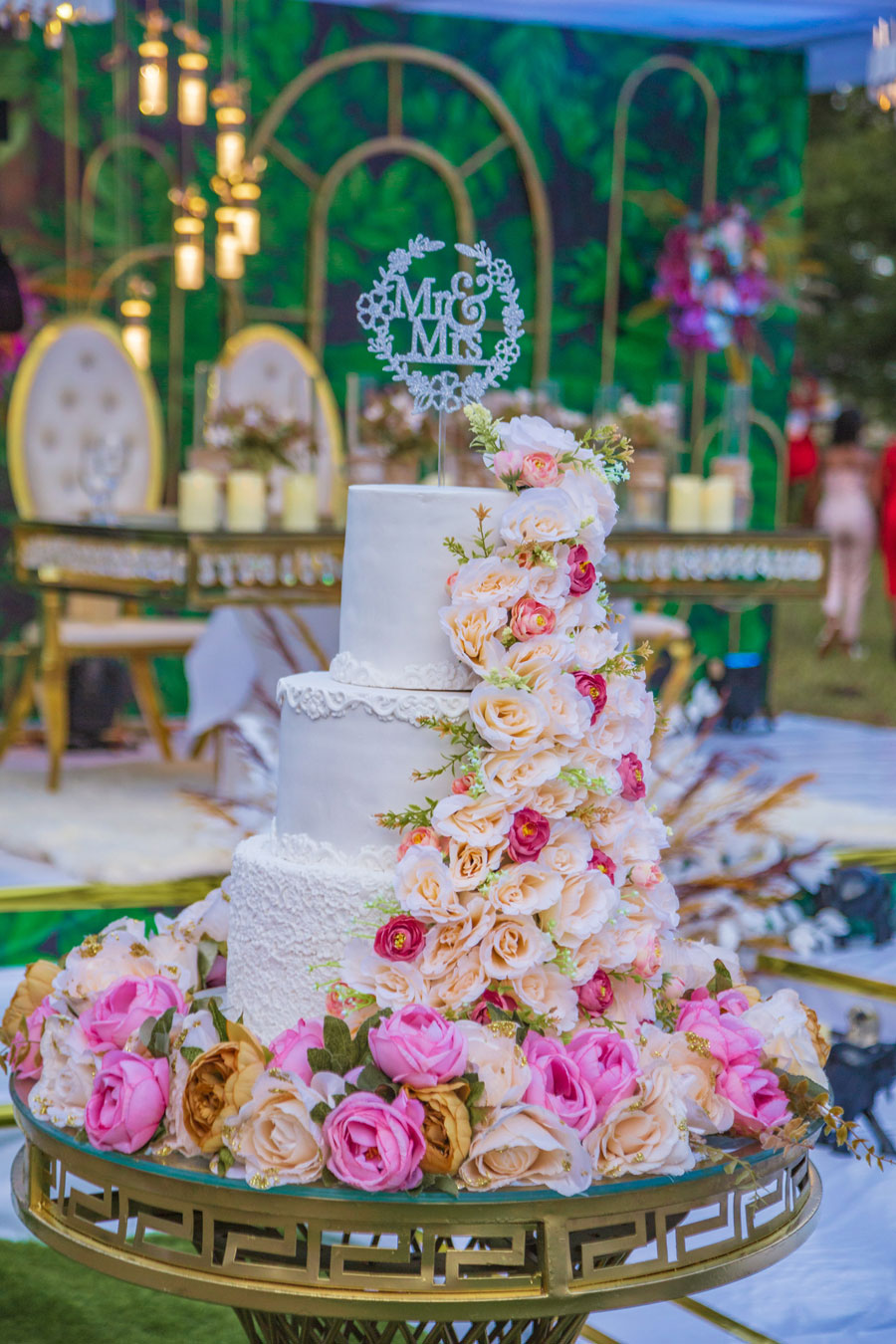
My first camera was a tiny, used Sony A6000, which was a mirrorless camera in a time where there were much better ones. It cost Shs2m. Regardless, I learned that little thing in and out, thanks to YouTube. I could search for the most basic thing like “How to use a camera for beginners” and I would spend the better part of the day draining away data on YouTube. Some of the sites I learnt from include Peter Mckinnon, Tonny Northrup, Kai Wong and Prince Mayson. I would then spend the next day practicing the notes I took down, and I repeated the process for speedlites and other photography equipment. Editing photos is one of the most complex and tiresome aspects of the photography process, and the earlier you realize this, the better. For things like photojournalism, you might only need to color a photo and it’s done, but for weddings, you must also retouch the skin, eyes, teeth, and sometimes other parts of the body, and also remove unwanted items from the frame in some photos. It is such a tasking process that first drains you with learning, then with practice, and then with perfecting. The laptop I was using for my university work was just enough for editing photos; which knowledge I also got from YouTube.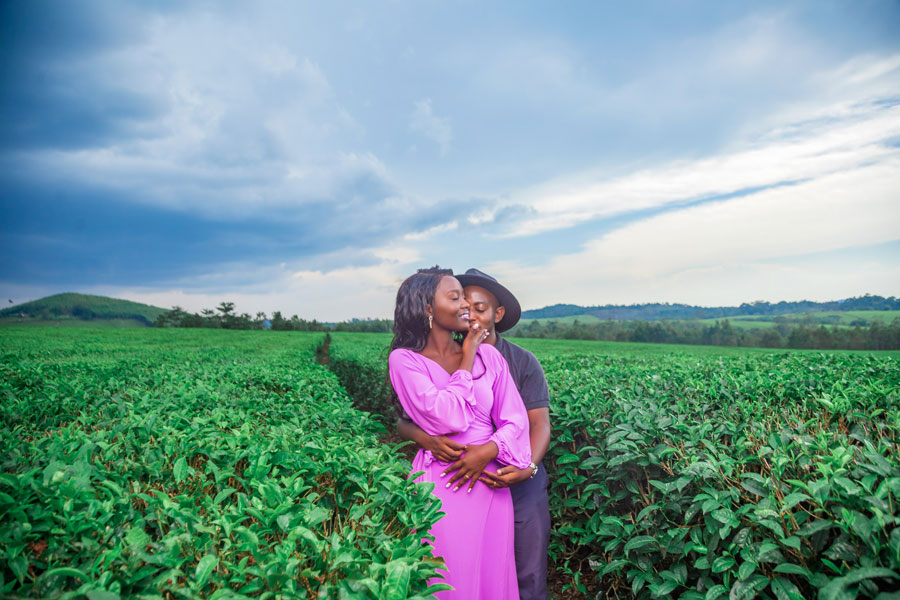
Precisely, we are blessed that every single resource you need is available online, not like back in the day when people had to read multiple books in hope of finding just the basics about photography. However, you still need a mentor to make the process easier for you. After learning the basics about photography, I asked my friend Oscar Ntege, who was a celebrated wedding photographer at the time to take me under his wing as an apprentice. He accepted to be my mentor and many things that were not working out from the YouTube tutorials suddenly made sense after a few explanations. This is to show you that even though you have a photographer friend, do not stress him with “Please teach me” requests, because no one has that time. Only talk to a prospective mentor after you have gathered enough knowledge and practice to ask coherent questions, and also be able to do assignments with guidance. Take the first months of your journey to make yourself familiar with these technicalities.
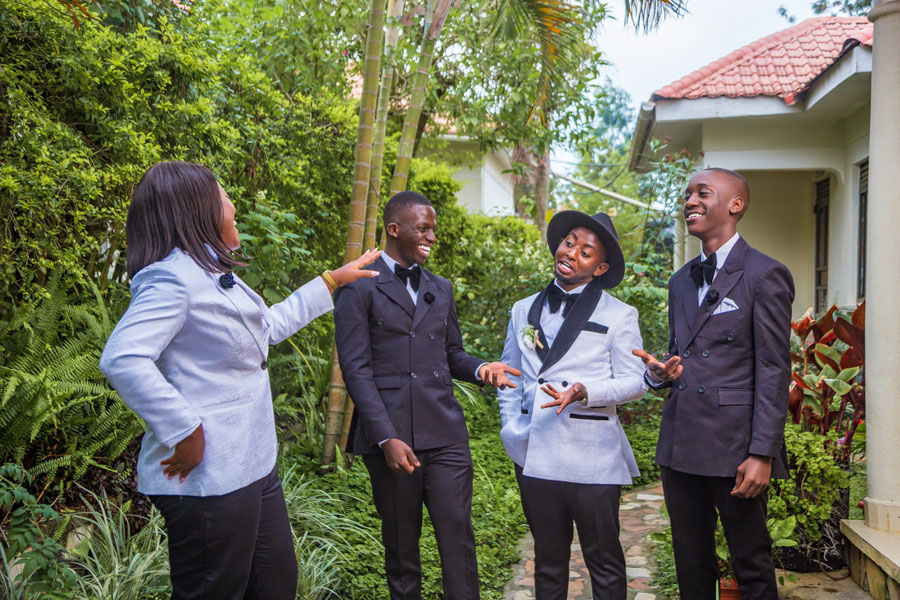
That said, wedding photography is a very sensitive genre of photography. It is never advisable to start your photography journey by shooting someone’s wedding; this will most likely backfire. With the advice of my mentor Oscar, I started out by doing free photoshoots for my friends, and then giving them photos after practicing my editing skills on them. These were never the best, but it was part of the process, and I wasn’t worried that anything would go wrong. When I felt more confident, I started shooting birthday parties of my friends at campus, and charging as low as Shs150,000 and sometimes nothing at all. This helped me learn the business part of photography, which most people ignore altogether and turn out to regret later. Also, remember, a photoshoot can be redone, at your cost if anything goes wrong, but a wedding is a once in a lifetime event. Do not risk delivering shoddy work or not delivering at all, just because you want to prove to yourself that you are now a professional photographer. Take time to practice and practice a little more.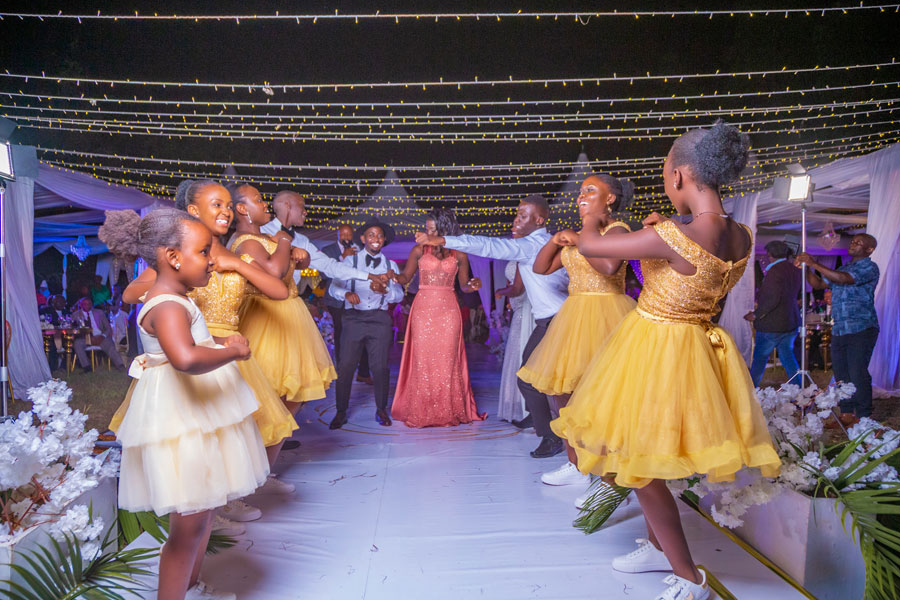
The first time I did a wedding, it wasn’t my own job. I went as an assistant at my friend’s gig, and this taught me how the flow of a typical wedding goes, and what to expect. I also learnt how much of a team sport wedding photography is. As the lead photographer, you cannot be the alpha and omega. You need at least one videographer, an assistant to help with the lighting, and a drone guy. On a big wedding, you might need a crew of at least five people, so you cannot expect to learn all this on your own project. Take time to work with established wedding photographers, and only take on your own projects when you are very sure you can handle them.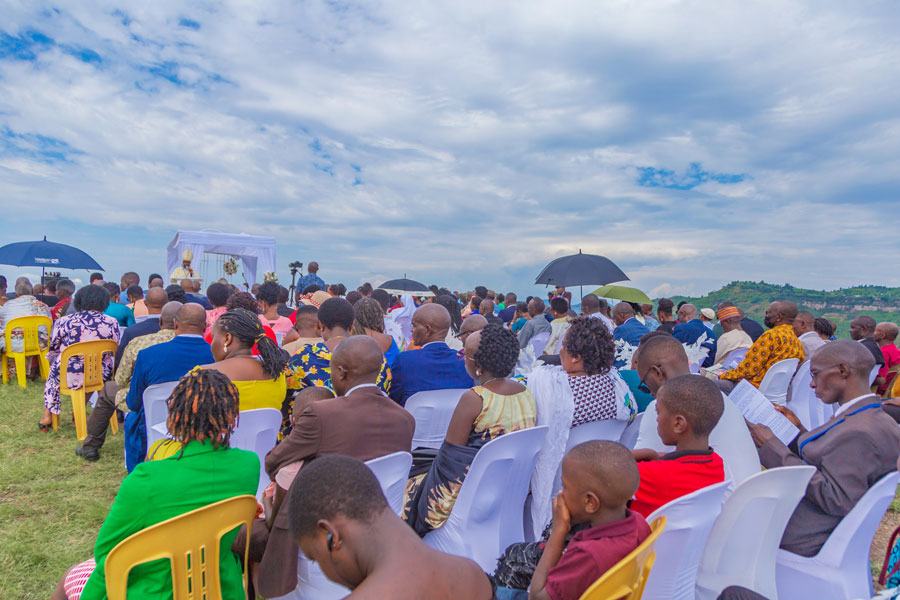
About the amount you should charge, there is a golden rule. “The price you charge determines the type of clients you get.” If we assume that by now you are aware about the basics of wedding photography and can deliver decent work, do not be afraid to charge the money everyone is charging. Trying to charge below the market price just makes you look like a desperate amatuer, and in turn makes the people that come to you in the future all offer the same low price, even when the quality and equipment you use is superior. Of course overcharging is never a wise idea either, but I have met photographers who complain that some other photographers they are clearly better than, charge way more than they do. This is simply because those overchargers understood the business side of photography. I was charging Shs150,000 for birthday parties, now I have packages of up to Shs14m per wedding. I started out with an entry level Shs2m camera and now rely on a Shs16m echo system to execute my work.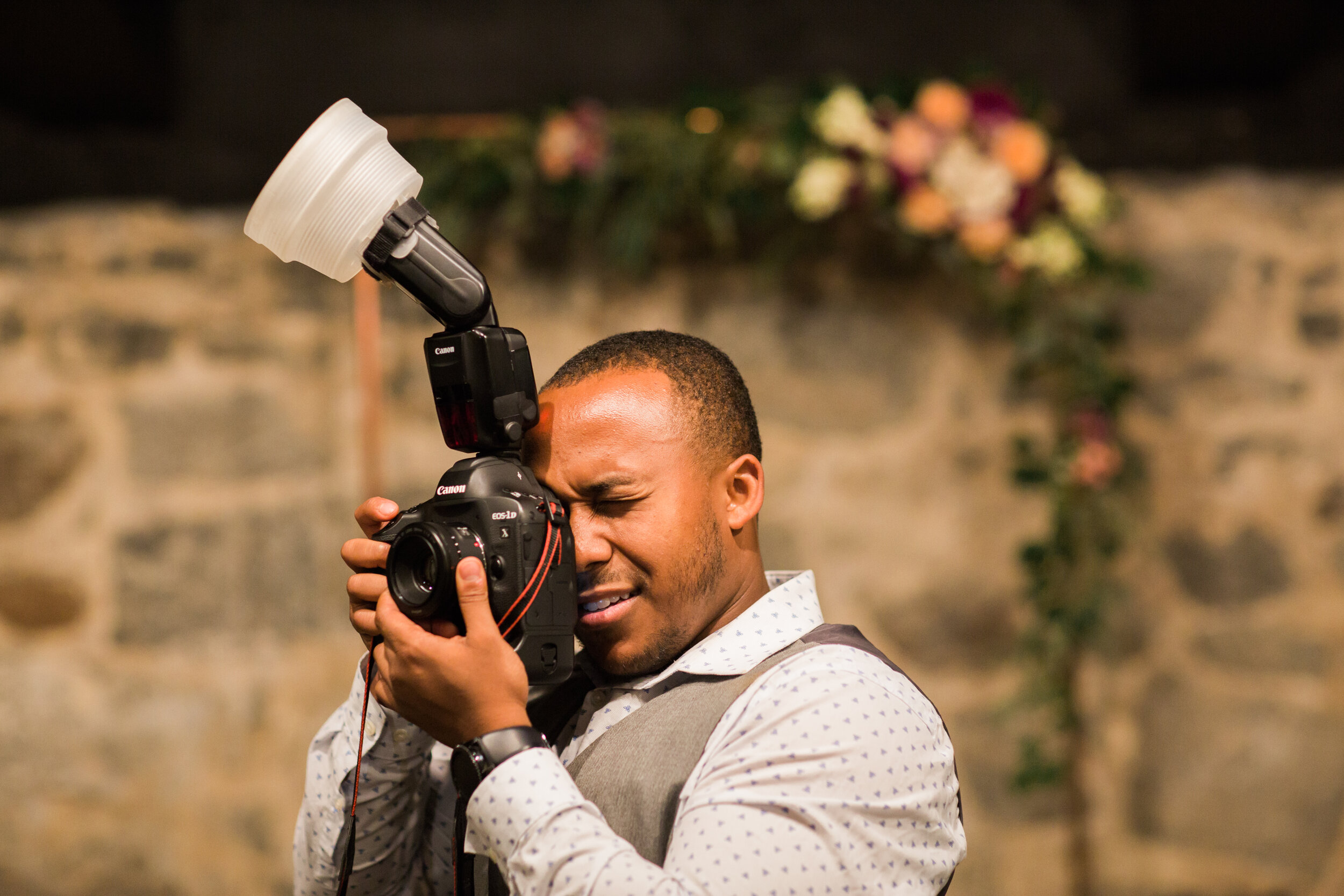
After shooting weddings for a while, you will notice that you need to get a distinct style that identifies you. For example, notice some works by simply looking at it, with no logo at all. Works by Makula Pictures, Peak Shots, Daville or Dynamic Pictures will all have a distinctive look. This should not be something to lose sleep over though, as it is part of the self actualisation phase of the business.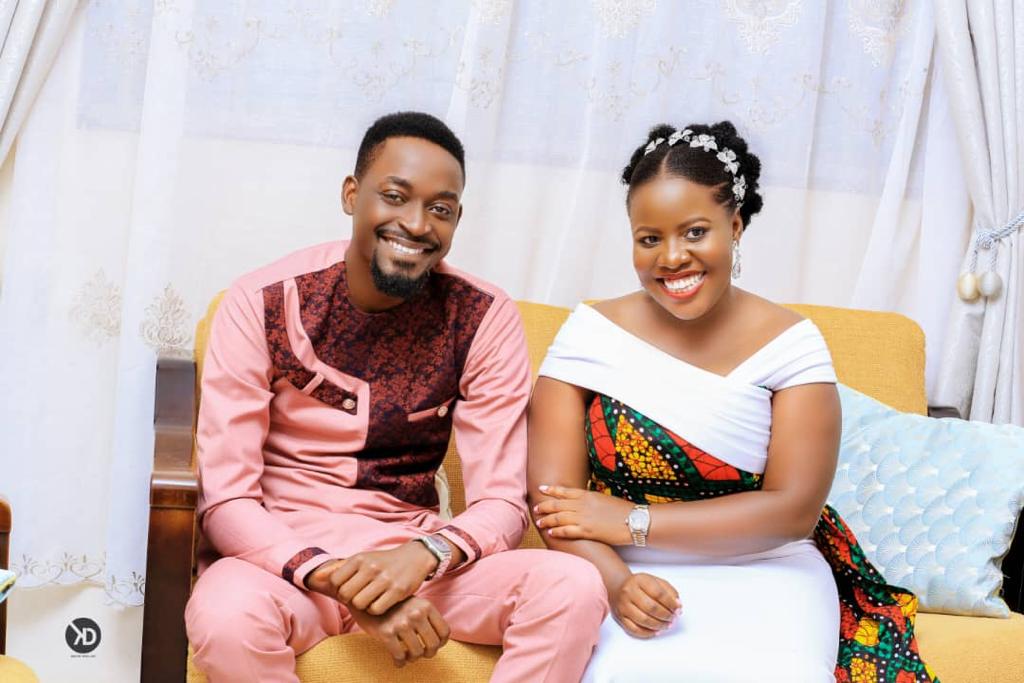
Earlier, I had mentioned that you will hardly escape hiring equipment. Purists say a camera is just a tool, and the art is more about the photographer; however an entry level DSLR camera cannot produce the same picture as a pro camera with a high-end lens. The same people that give such arguments will still be using expensive equipment. Still, realistically, you might not have Shs6m to spend on a camera body, and another 8 million to spend on lenses, Shs4 million for a strobe and diffusers, and Shs500,000 for a speedlite, but you can hire those items at a range of Shs50,000 to Shs100,000 each, per day.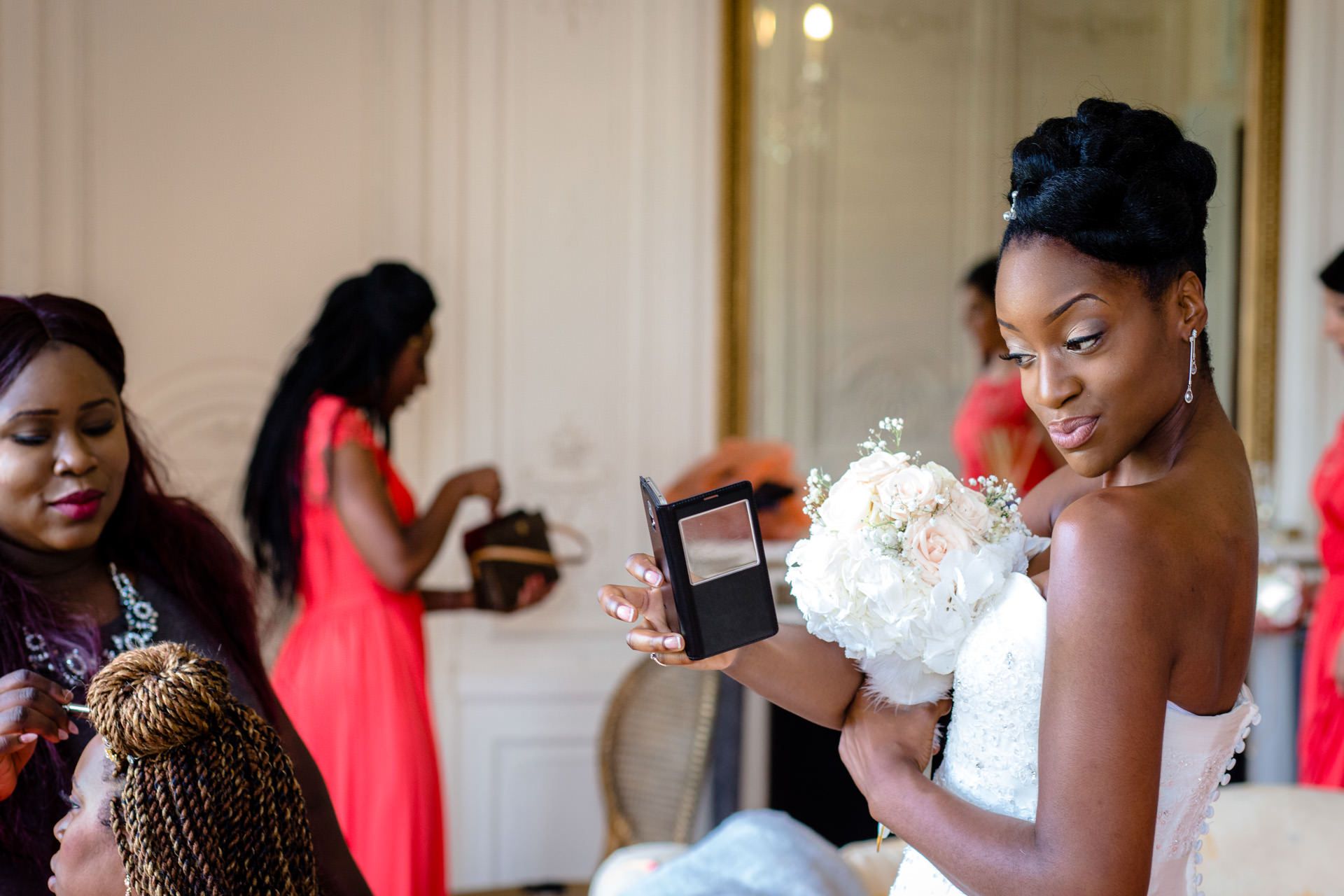
Wedding photography is one of the most rewarding professions of our time, and if you play your cards right, it can pay you as much, or even more, than very highly regarded professions. My experience is not by any means the gospel, but it is a valid path you can benchmark on, if you ever want to venture into wedding photography.

